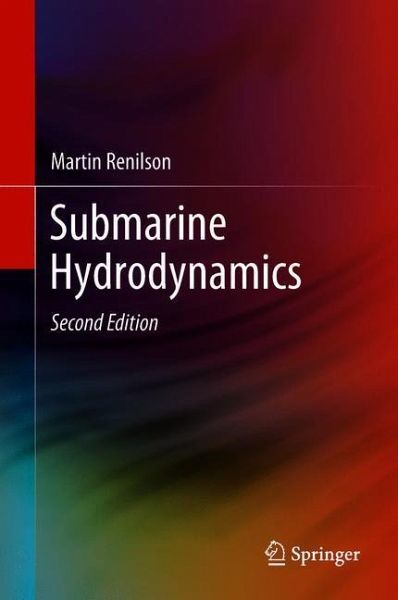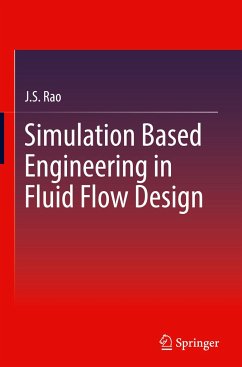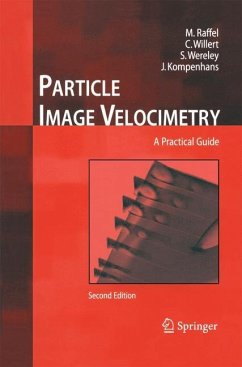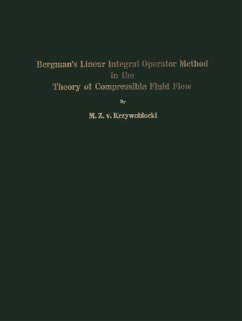
Submarine Hydrodynamics
Versandkostenfrei!
Versandfertig in 6-10 Tagen
129,99 €
inkl. MwSt.
Weitere Ausgaben:

PAYBACK Punkte
65 °P sammeln!
This book covers specific aspects of submarine hydrodynamics in a very practical manner. The author reviews basic concepts of ship hydrodynamics and goes on to show how they are applied to submarines, including a look at the use of physical model experiments. The book is intended for professionals working in submarine hydrodynamics, as well as for advanced students in the field.This revised edition includes updated information on empirical methods for predicting the hydrodynamic manoeuvring coefficients, and for predicting the resistance of a submarine. It also includes new material on how to ...
This book covers specific aspects of submarine hydrodynamics in a very practical manner. The author reviews basic concepts of ship hydrodynamics and goes on to show how they are applied to submarines, including a look at the use of physical model experiments. The book is intended for professionals working in submarine hydrodynamics, as well as for advanced students in the field.
This revised edition includes updated information on empirical methods for predicting the hydrodynamic manoeuvring coefficients, and for predicting the resistance of a submarine. It also includes new material on how to assess propulsors, and includes measures of wake distortion, which has a detrimental influence on propulsor performance. Additional information on safe manoeuvring envelopes is also provided. The wide range of references has been updated to include the latest material in the field.
This revised edition includes updated information on empirical methods for predicting the hydrodynamic manoeuvring coefficients, and for predicting the resistance of a submarine. It also includes new material on how to assess propulsors, and includes measures of wake distortion, which has a detrimental influence on propulsor performance. Additional information on safe manoeuvring envelopes is also provided. The wide range of references has been updated to include the latest material in the field.














